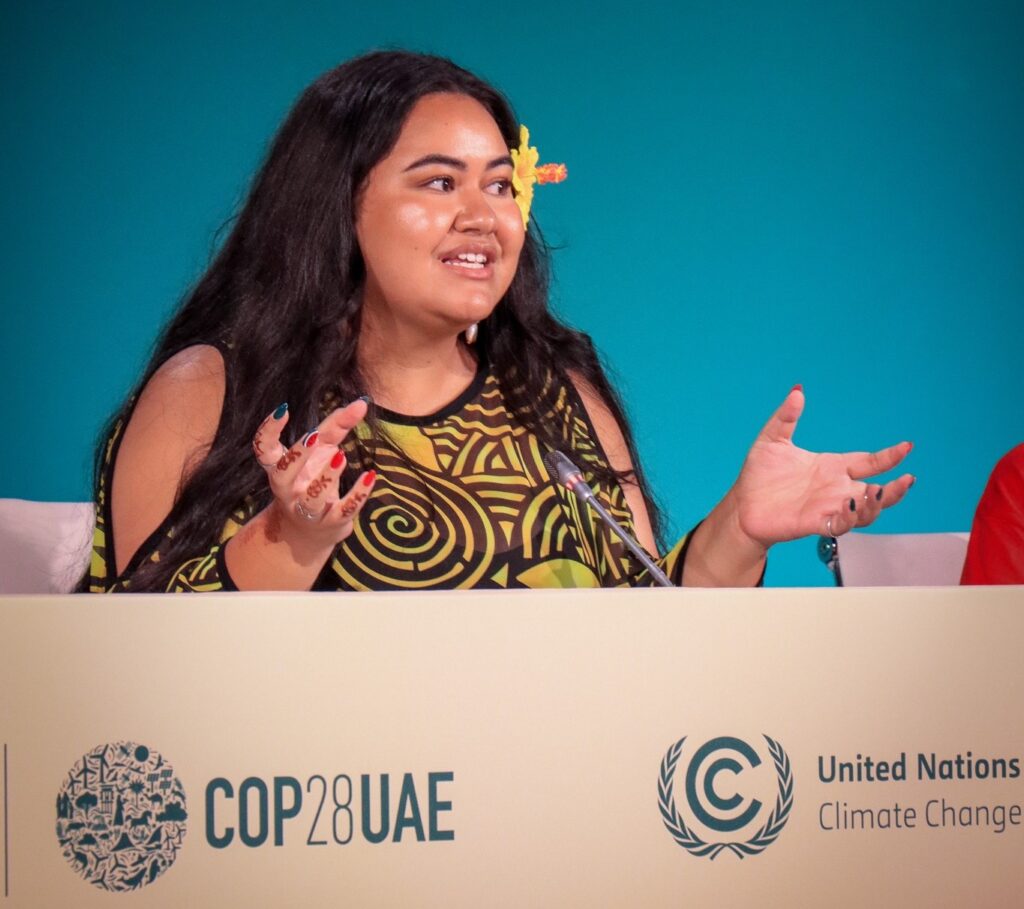The governments of the world have agreed on a declaration at the Dubai Cop28 climate summit that has been both hailed as historic and dismissed as weak.
The United Nations Climate Change Conference (COP28) closed with an agreement that signals the “beginning of the end” of the fossil fuel era by laying the ground for a swift, just and equitable transition, underpinned by deep emissions cuts and scaled-up finance.
The negotiators from nearly 200 parties agreed to climate action before the end of the decade – with the overarching aim to keep the global temperature limit of 1.5°C within reach.
“Whilst we didn’t turn the page on the fossil fuel era in Dubai, this outcome is the beginning of the end,” said UN Climate Change Executive Secretary Simon Stiell in his closing speech. “Now all governments and businesses need to turn these pledges into real-economy outcomes, without delay.”
Countries agreed on a text that encourages countries to move away from fossil fuels and quickly ramp up renewable energy but there were those from the Pacific Islands that objected to the soft language of the agreement.
Instead of a call for phasing out fossil fuel, the language of the agreement chose to settle for “transition away from fossil fuel”. Negotiators have directed the world to “transition away” from planet-warming fossil fuels in a move the conference president called historic, despite concerns from Pacific nations that they had no final say on the agreement.
Climate scientist Dr Friederike Otto, at Imperial College London, and co-founder of the World Weather Attribution group, has reacted strongly to the Cop28 deal:
“The lukewarm agreement reached at Cop28 will cost every country, no matter how rich, no matter how poor. Everyone loses. It’s hailed as a compromise, but we need to be very clear what has been compromised. The short-term financial interests of a few have again won over the health, lives and livelihoods of most people living on this planet.
“With every vague verb, every empty promise in the final text, millions more people will enter the frontline of climate change and many will die. At 1.2C of warming, we’re already seeing devastating climate impacts that disrupt economies, destroy livelihoods and claim lives.
“Climate change is driving instability. Nearly every country wants stability, but until fossil fuels are phased out, the world will continue to become a more dangerous, more expensive and more uncertain place to live.”
Island states whose homes are being washed away by rising sea levels said the text was an improvement but contains a “litany of loopholes”.
Scientists said the document did not go far enough for world leaders to honour the promise they made to keep the planet from heating 1.5C above pre-industrial temperatures by the end of the century
Poorer countries said they were frustrated by the lack of a concrete plan to adapt to climate change and money to do so.
Pacific climate activist Joseph Sikulu broke down in tears while addressing the COP28 conference.
Emotions are running high as attempts to forge a historic deal to phase out fossil fuels are hanging by a thread after a draft agreement dropped references to the policy.
It led to a standoff between countries that want a dramatic phase-out of fossil fuels and those that don’t, pushing the conference into overtime on the last day.
Speaking outside afterwards, Samoa’s lead negotiator Anne Rasmussen said Pacific nations didn’t object to the deal, but they had concerns.
“We took the floor to state that we weren’t present in the room when the GST (Global Stocktake Text) text was gavelled … and we were able to speak also then to bring some of the concerns of the small island states in strengthening some of the language within the paragraphs.” Samoan climate activist Brianna Fruean was scathing in her assessment of the COP28 agreement to transition away from planet-warming fossil fuels.
On the sidelines of the climate conference in Dubai after the deal was agreed to by 198 countries, Ms Fruean said the United Nations Framework Convention on Climate Change process was “broken”.
“I think we saw so many lobbyists here, and obviously while we are upset at the results, there are people here who are celebrating,” she said.
“Somebody here has had a successful COP – that’s the 2,000 lobbyists. And you know, we’re given crumbs to celebrate, but it’s like asking us to celebrate flowers that will lie on our graves. How do we celebrate that?”






